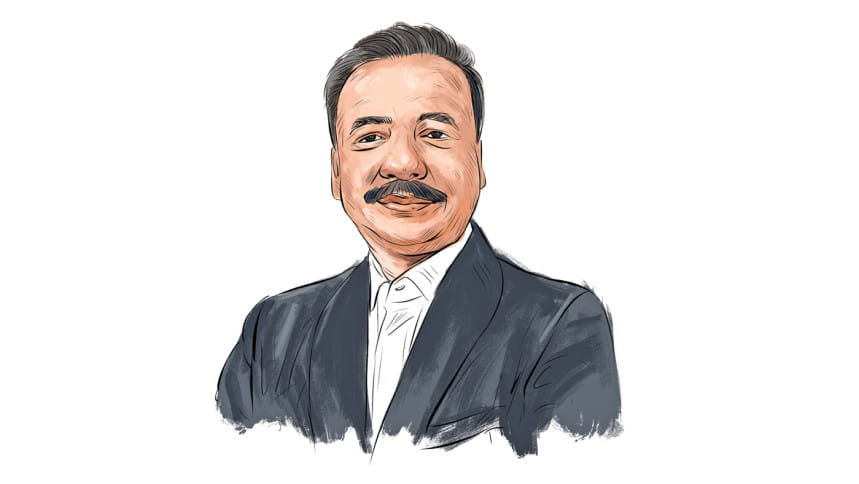Revival of sick factories may be a game changer

The Sammilito Parishad leader has a plan to help nearly 200 factories to reopen. These were shut down during and after the July-August uprising last year and for the labour unrest in 2024.
He is hopeful that this election will be free, fair and credible as a new voter list has been prepared after scrutiny and many ineligible people were delisted. He said he hated the use of the fake voter list last year.
Kalam said he would also try to get factory owners who failed to fulfil conditions to become voters.
Becoming a member of the BGMEA does not mean he or she can become a voter as there are some preconditions that need to be met, he explained.
As there is a good inflow of work orders from the international clothing retailers and brands, if the factories are revived, there will no problem in running those units, he said.
It is possible to resolve challenges of struggling factories by taking assistance from banks, he said.
Kalam said he would hold negotiations with the government for ensuring uninterrupted gas and power supply to the factories.
The insufficient supply has been impacting production and subsequently the exporters are having to bear expensive air shipments to maintain strict lead times set by international retailers and brands.
The ports and customs need to expedite their functions as the business is more competitive now than earlier. He said he would continue talks with the government about these important issues.
An intense negotiation with the Trump administration involving the garment exporters is very important as the US is Bangladesh's largest apparel export destination, said Kalam.
Import of cotton from the US may reduce the trade gap between Bangladesh and the US, he said, adding that this issue needs to be widely discussed.
If Bangladesh can address the energy crisis and can become successful in talks with the Trump administration, it is possible to take garment exports to $60 billion by 2030, he said. Annual garment exports now amount to nearly $42 billion.
The future of garment business is bright in Bangladesh because of the shift of work orders from China and Vietnam, although some European retailers are offering lower prices to the local exporters taking the advantage of the Trump tariffs, said Kalam.
He said he would also try to run the BUFT under a new trustee board if elected.
Regarding garment workers, he said over 4 million workers were continuing with their jobs as they "consider those to be dignified roles".
He assured working for enhancing compliance of factories to rules and regulations and improving industrial relations in consultation with union leaders.

 For all latest news, follow The Daily Star's Google News channel.
For all latest news, follow The Daily Star's Google News channel. 



Comments